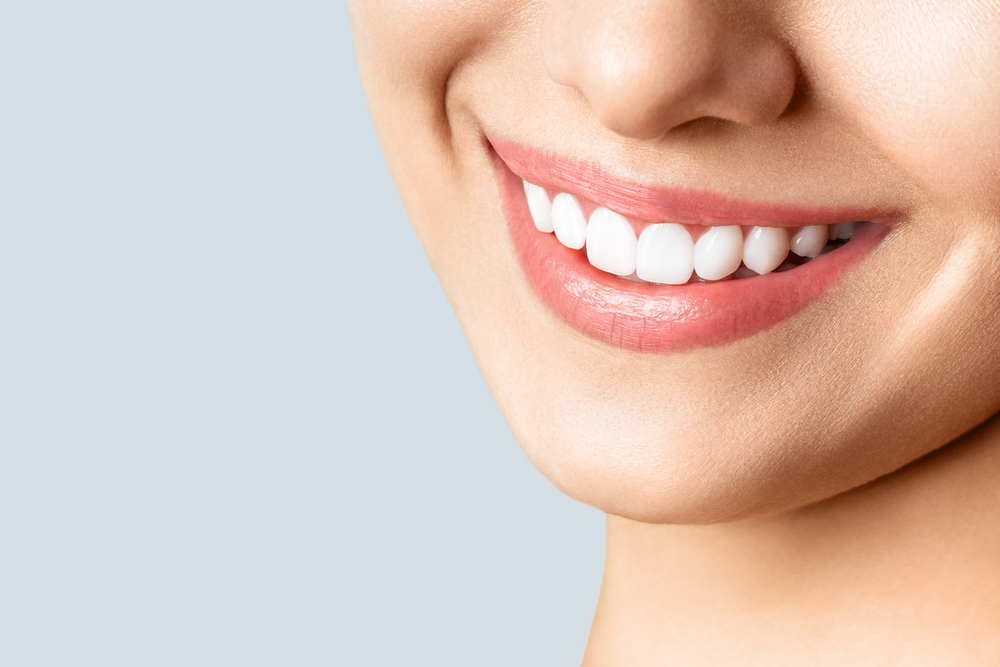Regular dentist visits can do more than keep your smile attractive – they can also tell dentists a lot about your overall health, including whether or not you may be at risk for chronic disease.
Gum disease and health complications
According to the Academy of General Dentistry, there is a relationship between gum disease and health complications such as a stroke and heart disease. Women with gum disease also show higher incidences of pre-term, low birth-weight babies.
 Other research shows that more than 90% of all systemic diseases have oral manifestations, including swollen gums, mouth ulcers, dry mouth and excessive gum problems. Such diseases include:
Other research shows that more than 90% of all systemic diseases have oral manifestations, including swollen gums, mouth ulcers, dry mouth and excessive gum problems. Such diseases include:
-
Diabetes
-
Leukemia
-
Oral cancer
-
Pancreatic cancer
-
Heart disease
-
Kidney disease
Since most people have regular oral examinations, their dentist may be the first health care provider to diagnose a health problem in its early stages.
Poor oral health can lead to problems
If you don’t take care of your teeth and gums, your poor oral hygiene can actually lead to other health problems, including:
-
Oral and facial pain.
-
Problems with the heart and other major organs.
-
Digestion problems.
What you can do
Seeing a dentist regularly helps to keep your mouth in top shape and allows your dentist to watch for developments that may point to other health issues. A dental exam can also detect poor nutrition and hygiene, growth and development problems and improper jaw alignment. Provide your dentist with a complete medical history and inform him or her of any recent health developments, even if they seem unrelated to your oral health.
At home, you can practice good oral hygiene:
-
Brush twice a day for at least two minutes, using fluoridated toothpaste.
-
Floss daily to remove plaque from places your toothbrush can’t reach.
-
Eat a healthy diet to provide the nutrients necessary (vitamins A and C, in particular) to prevent gum disease.
-
Avoid cigarettes and smokeless tobacco, which are known to contribute to gum disease and oral cancer.
-
Visit the dentist regularly for cleanings and exams. This is one of the most effective ways to detect the early signs of gum disease.

